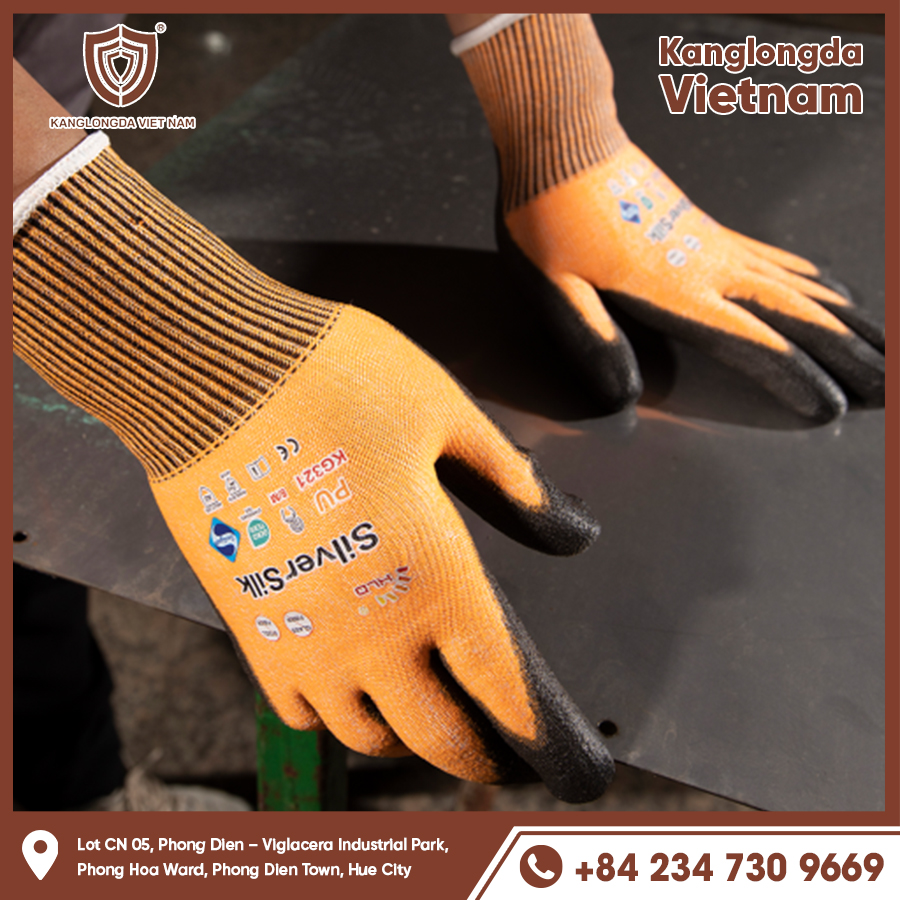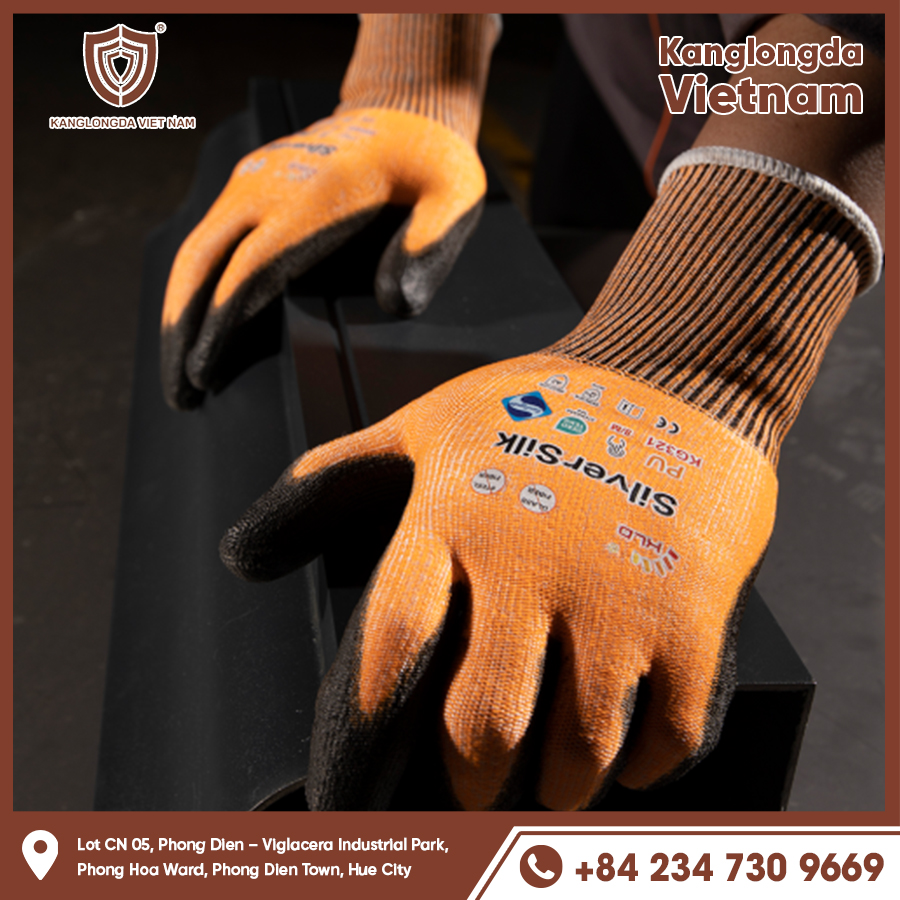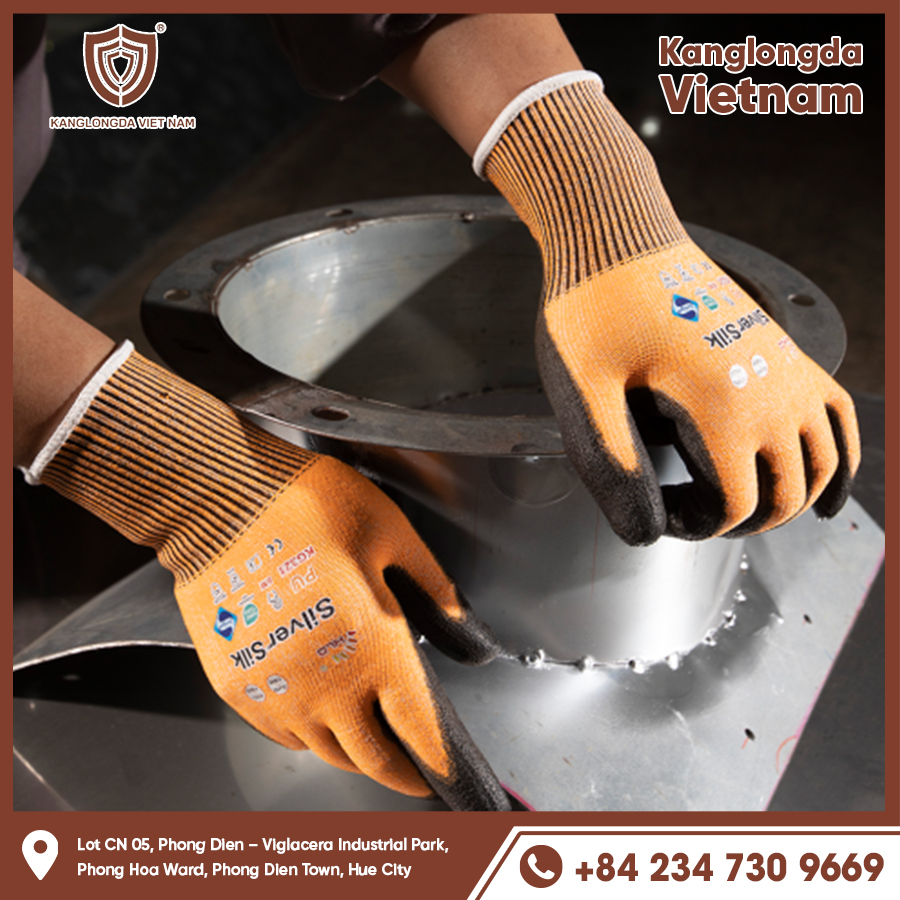Cotton gloves have been a staple in personal protection and comfort for decades. Known for their softness, breathability, and affordability, gloves serve a wide range of purposes—from industrial uses to skincare and hygiene. This guide dives deep into what makes gloves special, their benefits, applications, and how to pick the best pair for your needs.

What Are Cotton Gloves?
Definition and Basic Characteristics
Cotton gloves are gloves made primarily from natural cotton fibers, often knitted or woven to create a soft, lightweight, and breathable fabric. Unlike synthetic gloves, gloves are biodegradable and hypoallergenic, making them ideal for sensitive skin and eco-conscious consumers.
Types of Cotton Gloves
Gloves come in various types, including lightweight liner gloves, padded gloves for light protection, and specialty gloves blended with other materials such as polyester for durability or spandex for stretch. Some gloves also have coatings on the palms or fingers to enhance grip or abrasion resistance.
Common Uses and Industries
Cotton gloves are used in many fields including electronics assembly, food handling, medical examination (as liners under rubber gloves), skincare routines, archival handling, and light industrial applications. Their gentle touch makes them indispensable in delicate tasks.
Benefits of Using Cotton Gloves
Comfort and Breathability
One of the greatest advantages of gloves is their breathability. The natural fibers allow air circulation, which reduces sweating and discomfort during extended wear. This makes them an excellent choice for indoor work or environments where hands need to stay dry and cool.
Skin Protection and Allergy Prevention
Gloves protect hands from dirt, oils, and light abrasions without causing irritation. They are often recommended for people with latex allergies or those prone to skin sensitivities. Wearing gloves can also prevent contact dermatitis caused by irritants.
Eco-Friendly and Sustainable Choice
Cotton gloves are biodegradable and made from renewable resources. Choosing cotton over synthetic gloves contributes to reducing plastic waste and environmental impact, appealing to eco-conscious users and companies striving for sustainability.
Different Applications of Cotton Gloves
Industrial and Manufacturing Uses
In industries such as electronics, gloves are worn to prevent fingerprints and static electricity buildup on sensitive components. Their softness protects delicate parts while keeping contamination low. They are also used as liners beneath heavier gloves for added comfort and sweat absorption.
Medical and Healthcare Settings
Gloves serve as liners under latex or nitrile gloves to reduce irritation from prolonged use. They are also used in wound care to cover dressings and prevent contamination. In some cases, gloves are worn alone for light hygiene tasks or skin treatments.
Personal Care and Skincare
Cotton gloves are popular in beauty routines, often worn overnight after applying moisturizers or treatments to enhance absorption. They protect the skin from drying out and keep creams from rubbing off. Additionally, they help prevent nail polish smudges and protect hands during household chores.

How to Choose the Right Cotton Gloves
Size and Fit Considerations
For optimal comfort and function, gloves should fit snugly but not restrict movement. Proper sizing ensures dexterity and prevents blisters caused by excess friction. Always refer to manufacturer sizing charts and, if possible, try gloves on before purchasing.
Weight and Thickness Options
Cotton gloves come in varying weights and thicknesses. Lightweight gloves are best for delicate tasks and warm environments, while heavier or padded gloves provide better protection in industrial or cooler settings. Consider the level of protection needed and the environment when selecting thickness.
Additional Features to Look For
Some gloves come with reinforced palms or finger tips for durability. Others include elastic cuffs to keep gloves securely in place and prevent dirt from entering. Coatings like latex or nitrile may be added for improved grip and resistance to mild chemicals.
Caring for and Maintaining Cotton Gloves
Washing and Drying Guidelines
Cotton gloves are machine washable and should be cleaned regularly to maintain hygiene. Use mild detergent and wash in cold or warm water to avoid shrinking. Avoid using bleach or harsh chemicals that may degrade the fabric. Air drying is preferable to maintain shape and elasticity.
Storing Cotton Gloves Properly
Keep gloves in a dry, cool place to prevent mildew or odor build-up. Avoid folding or crushing them to maintain their form. Storing gloves in a breathable fabric bag can help preserve cleanliness and prevent contamination.
When to Replace Gloves
Despite their durability, gloves will wear out over time—especially if used frequently in tough conditions. Replace gloves when you notice thinning fabric, holes, loss of elasticity, or reduced comfort to ensure continued protection.
Common Questions About Cotton Gloves
Are Cotton Gloves Suitable for Heavy-Duty Work?
Gloves provide light to moderate protection and are not recommended for heavy-duty tasks involving sharp objects or hazardous chemicals. For such applications, gloves made from leather or synthetic materials are preferable.
Can Cotton Gloves Be Used for Food Handling?
Yes, gloves are often used in food processing and handling due to their breathability and softness. However, hygiene protocols may require using disposable gloves over gloves for extra safety.
Do Gloves Provide Heat Resistance?
Cotton gloves offer minimal heat resistance and should not be used as protection against high temperatures or open flames. Heat-resistant gloves made from Kevlar or leather are better suited for such tasks.

Cotton gloves combine comfort, breathability, and versatility, making them suitable for many everyday and professional uses. Their natural fibers are gentle on skin and environmentally friendly, appealing to users who prioritize health and sustainability. Whether for light industrial work, personal care, or medical use, selecting the right pair of gloves ensures protection and comfort. Regular care and proper fit enhance their performance and longevity, making gloves a smart and practical addition to your gear collection.






